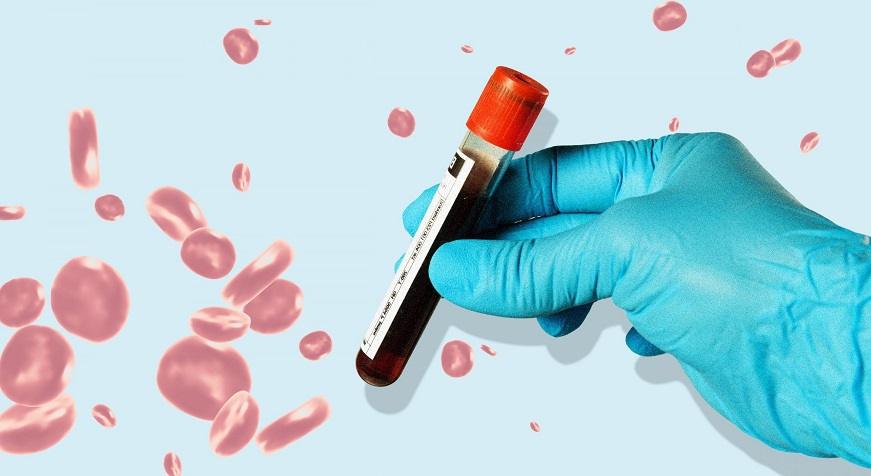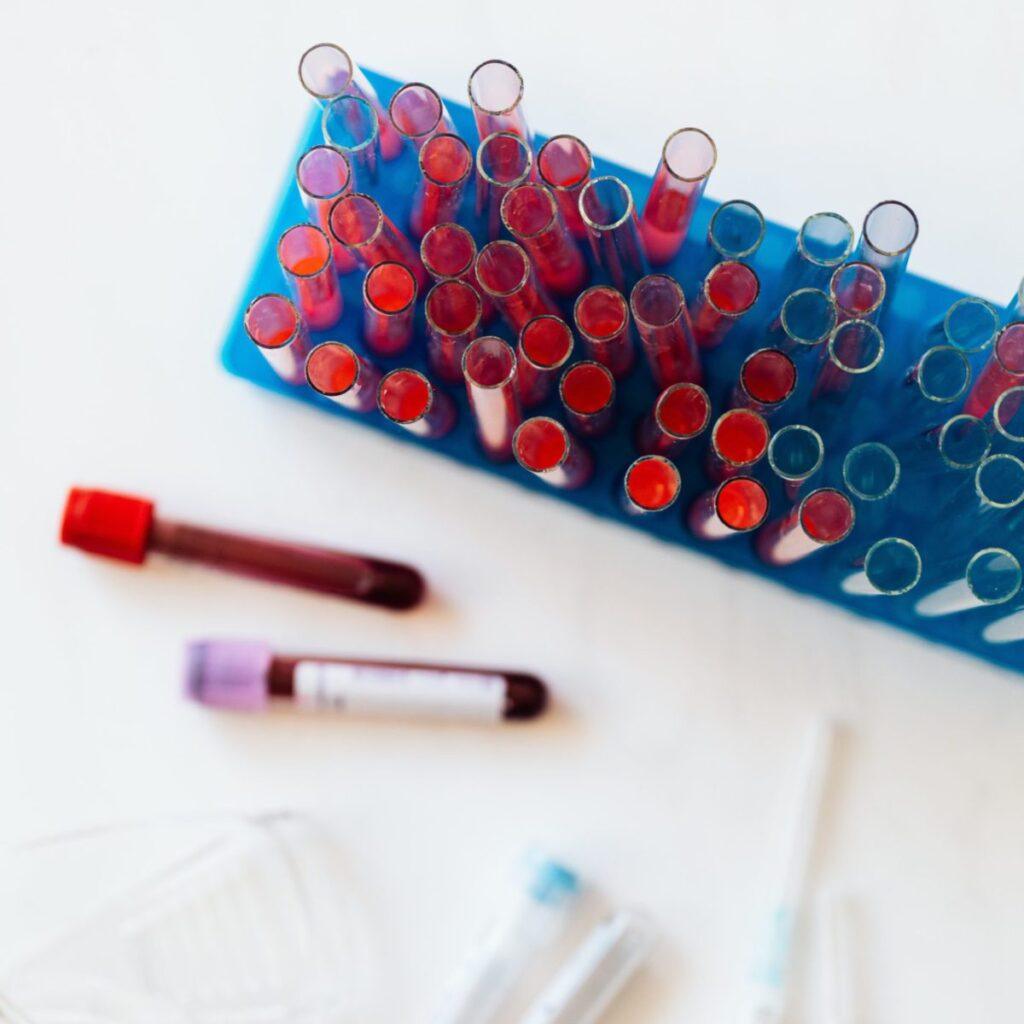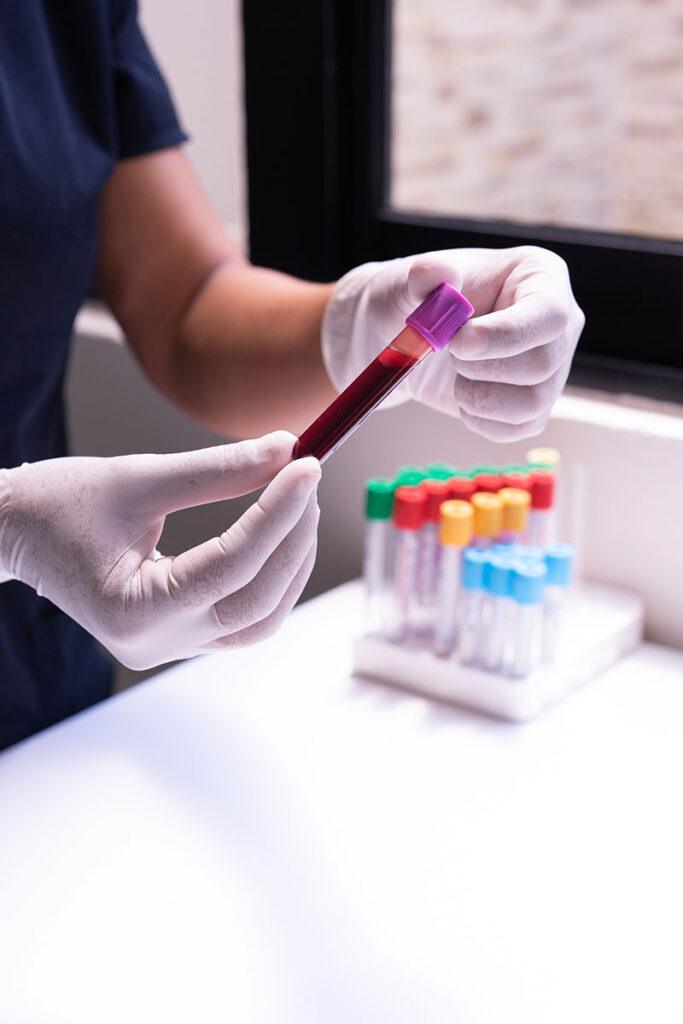A Complete Blood Count (CBC) test is a routine blood test used to evaluate overall health and detect various medical conditions. Many people are unsure whether fasting is required before taking a CBC test. Generally, fasting is not necessary for a standard CBC.
However, if your doctor has ordered additional blood work along with the CBC, such as glucose or lipid panels, you may be instructed to fast for a specific period. But does cbc test require fasting? Understanding a CBC test’s details can help you better prepare and interpret your results correctly.

CBC Test and Its Importance
The CBC test is a fundamental diagnostic tool that provides insight into different components of your blood. Doctors often use it to detect infections, anemia, immune system disorders, and blood-related diseases.
Since blood plays a crucial role in transporting oxygen, fighting infections, and clotting, this test helps assess overall health and pinpoint abnormalities that may require further investigation.
A CBC test measures the following components:
- Red Blood Cells (RBCs): These cells transport oxygen throughout the body. Abnormal levels may indicate conditions like anemia, dehydration, or lung disease.
- White Blood Cells (WBCs): Essential for immune function, an increased or decreased count may signal an infection, an autoimmune disorder, or even a blood disorder.
- Hemoglobin (Hgb): This oxygen-carrying protein in red blood cells is essential for bodily functions. Low levels can indicate anemia or blood loss.
- Hematocrit (Hct): The percentage of red blood cells in your blood. High or low hematocrit levels could signal dehydration, anemia, or other medical issues.
- Platelets: These cells are responsible for blood clotting. Abnormal levels may point to clotting disorders or bone marrow diseases.
Do You Need to Fast Before a CBC Test?
For most CBC tests, fasting is not required. You can eat and drink as usual before the test unless instructed otherwise by your doctor. However, if other tests are included in your blood work, such as cholesterol or blood sugar tests, fasting for 8–12 hours may be necessary. Always confirm with your doctor if any specific preparation is needed.
If fasting is required, avoid food and drinks other than water for the specified period. Certain foods, especially high-fat or sugary meals, can temporarily alter some blood test results. Medications can also impact readings, so discuss with your doctor whether any adjustments are necessary before testing.

Can You Do It Whenever You Want and When Should You Do It?
A CBC test can be done at any time, but it is usually recommended based on medical necessity. If you are feeling unwell and experiencing symptoms like fatigue, dizziness, unexplained bruising, or frequent infections, you should consider getting a CBC test.
Your doctor may also order one as part of a routine check-up or before undergoing medical treatments like surgery or chemotherapy. Regular CBC tests may be required to monitor your health status if you have a known condition, such as anemia or an immune disorder.
Routine CBC tests are often included in annual health screenings, but the frequency depends on individual health conditions and risk factors.
If you are in good health, you may not need frequent CBC tests unless symptoms arise or your doctor suggests monitoring specific concerns. Always consult a healthcare provider to determine the best timing for your CBC test based on your medical history and symptoms.
Warning Signs in a CBC Test That Require Medical Attention
Certain CBC results can serve as warning signs that require immediate medical attention. While minor fluctuations in blood cell counts are common, extreme deviations from normal ranges can indicate serious health conditions. Below are some key warning signs that should prompt further medical evaluation:
- Extremely High or Low White Blood Cell Count: A significantly elevated count may indicate a severe infection, inflammatory condition, or even leukemia. Conversely, a dangerously low count may signal a weakened immune system due to conditions such as bone marrow disorders or viral infections.
- Severely Low Hemoglobin Levels: Hemoglobin is crucial for oxygen transport. Critically low levels may lead to extreme fatigue, shortness of breath, and dizziness, often associated with severe anemia, internal bleeding, or chronic illness.
- Unusual Platelet Counts: A high platelet count can increase the risk of excessive clotting, leading to strokes or heart complications, whereas a very low platelet count may cause excessive bleeding, bruising, and difficulty in wound healing, indicating potential blood disorders or autoimmune diseases.
- Abnormal Hematocrit or Red Blood Cell Count: High levels may suggest dehydration, lung disease, or polycythemia, whereas low levels can indicate anemia, nutritional deficiencies, or chronic illnesses affecting bone marrow function.

If your CBC results reveal any of these concerning abnormalities, consult your doctor immediately for further tests and medical advice. Ignoring severe fluctuations in blood counts can delay the diagnosis of potentially life-threatening conditions.
Frequently Asked Questions
Can I drink water before a CBC test?
Yes, drinking water is allowed and even encouraged, as dehydration can affect blood test results.
Will taking supplements affect my CBC test results?
Certain supplements, especially iron or vitamin B12, can impact red blood cell levels. Always inform your doctor about any supplements you take.
Can a CBC test diagnose cancer?
A CBC test alone cannot diagnose cancer, but it may detect abnormalities that prompt further investigation.
How long does it take to get CBC test results?
Depending on the laboratory, most CBC test results are available within a few hours to a day.
Is a CBC test painful?
It involves a standard blood draw, which may cause slight discomfort but is generally quick and well-tolerated.
Takeaway
A CBC test is a crucial diagnostic tool that provides valuable information about your overall health. While fasting is generally not required, always confirm with your doctor if additional tests are included.
Understanding the results of your CBC test can help you take better control of your health, but any concerning readings should be discussed with a healthcare professional for proper interpretation and next steps.
This report is not for medical purposes. All tests and reports should be monitored by healthcare professionals to ensure accurate interpretation and appropriate medical advice.
